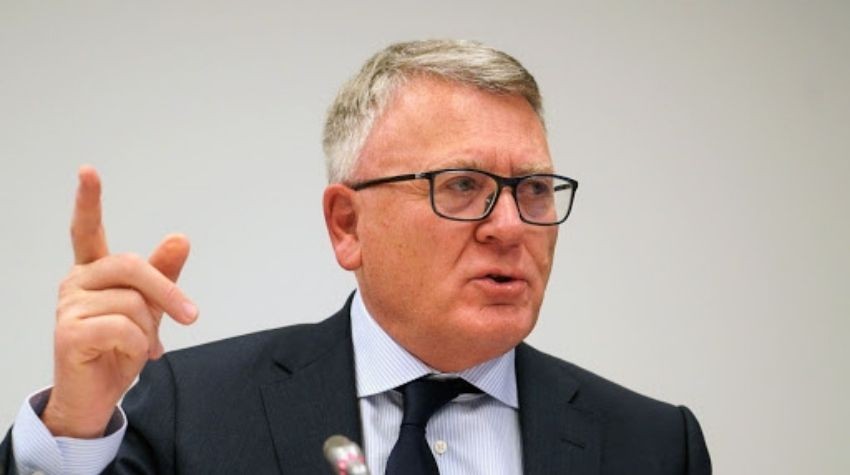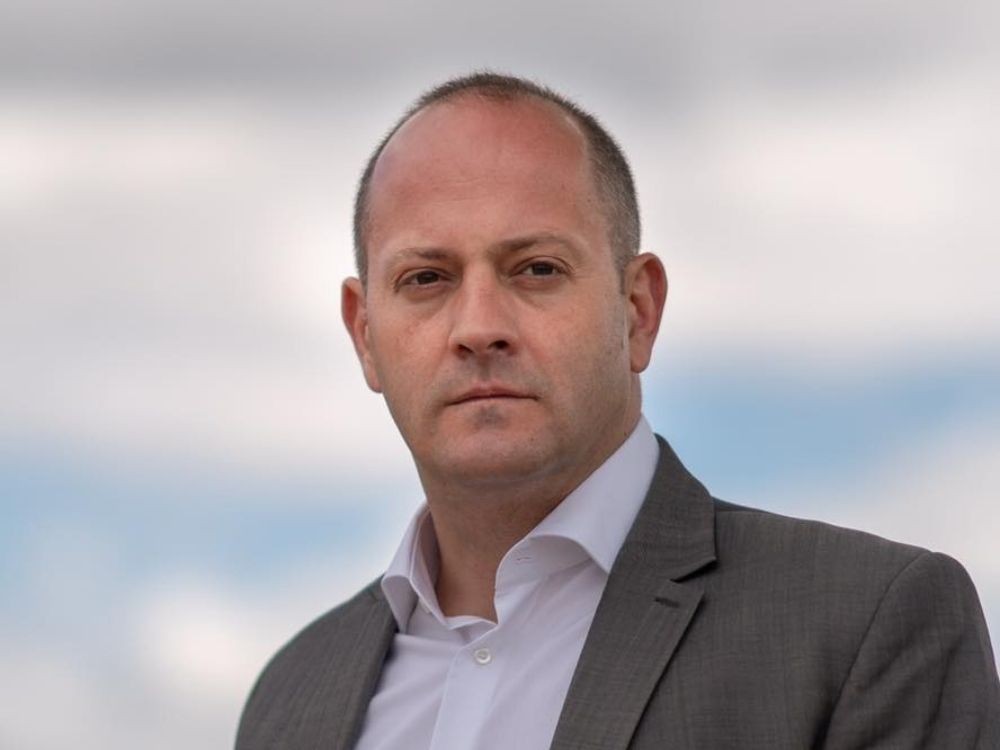Employment is the main topic in the EU when it comes to overcoming the consequences of the economic crisis. Thousands of businesses have remained closed since the beginning of the pandemic and millions of Europeans have lost their jobs, while most of us had to change the mode of our social and personal lives. By the end of 2020, nearly 16 million people lost their jobs, which is 2 million more in comparison to the previous year. Countless human destinies stand behind this alarming statistics. The pandemic has severely affected the most vulnerable and poorest members of the society, exacerbating social inequality. In addition to employment the topic of professional re-qualification and the need for social care is of great importance, so that no one is left behind in overcoming all the negative consequences of the crisis. The fight against inequality, youth unemployment and poverty is a key focus of the Recovery Plan and the EU's Multiannual Financial Framework, discussed at European plenary meetings.
In order to cope with the crisis, we need employment, but not just any kind. We need employment oriented towards training and re-qualification, Nicolas Schmit, European Commissioner for Jobs and Social Rights said on behalf of the European Commission.

“Supporting the existing resources and the European Instrument for temporary employment, better known as SURE, patterns were used to help self-employed persons overcome the economic aftermath of the pandemic crisis and the imposed lockdown. Around 240 million euro have been invested through the European mechanism for stability. However, growing unemployment was only slowed down, with no long-term solution to the problem. Many sectors will have problems recovering for a very long time and companies will undergo financial difficulties. Plans for temporary employment will be kept up for the future but in combination with education and training for the people, side by side with providing new employment for them. We should introduce conditions for future employment oriented competitive growth, investments, reforms and capabilities. These are key points for walking out of the current crisis stronger, both socially and economically.”
In the European Parliament, Bulgarian MEP Radan Kanev of the European People's Party group has called for more European protection for the self-employed and for small family businesses:

"I want to draw your attention to another side of the problem. The risk of tens of thousands of families falling into extreme poverty as a result of the crisis. The pandemic literally took the subsistence of freelance artists, thousands of self-employed people, owners of small and family businesses. They were representatives of the middle class but now they have no incomes, overdue mortgages and accumulated debts. In some European countries, including Bulgaria, unfortunately, they have been left without the protection of economic measures.”
The EU's Multiannual Financial Framework (2021-2027) totaling €1.8 trillion of funding provides for investments and ambitious social reforms. At the same time, an old problem for Europe remains unresolved and has even been deepening – this is in-work poverty, a phenomenon that deprives a person of a dignified way of life. In addition to the poverty of employed people, insecurity and fear of losing their jobs are now part of their problems. This will be a topic of the agenda of the Social Summit in May in Porto, when the next generation of social goals will be specified.
English: Alexander Markov
Photos: BGNES, European Parliament, Facebook / Radan KanevThe Bulgarian minority in Romania marked a significant event with the official opening of the Bulgarian Inn in the village of Izvoarele (Hanul Bilgarilor), Teleorman County (Southern Romania)- a locality with Bulgarian roots dating back over 200 years...
The 14th edition of DiVino.Taste, Bulgaria’s leading forum for wines and winemakers, will take place from 28 to 30 November at the Inter Expo Centre in Sofia. Over 80 producers from all wine regions will participate, offering tastings of around 600 of the..
Minutes before the second and final reading, at the parliamentary budget and finance committee, of the state budget for 2026, the leader of the biggest party represented in parliament GERB Boyko Borissov halted the procedure and sent the draft bill..

+359 2 9336 661
